Sing with couplets of four eight-syllable verses, the second and the fourth with assonant rhyme, which is usually finished with an imperfect tercet. For almost all experts it is the mother song of flamenco, all the others start from him. Its origin is uncertain, although it could have its antecedent in the gypsy romances or corridos that El Planeta performed., Uncle Rivas. His birth could be dated around 1770 both in Jerez and Triana. It is a song without musical accompaniment that generically encompasses the martinetes., deblas and jailers. Many tonás have gone down in history with their own name thanks, above all, to the writings of Ricardo Molina and Antonio Mairena, that do not conform too much to the rigor. Even so, they talk about toná light by Uncle Luis de la Juliana, tona of Christ, tona of the birds, toná of Uncle Luis the Captive, toná de Blas Barca, Tío Rivas toná, toná del Cuadrillero, his light by Curro Pabla, his light by Juan el Cagón, his light by Aunt Sarvaora, toná from La Junquera, tona de Juanelo, toná by Perico Frascola.
Tonás
Upload/Select an audio or use external audio url to work this widget.
Upload/Select an audio or use external audio url to work this widget.
Upload/Select an audio or use external audio url to work this widget.
Upload/Select an audio or use external audio url to work this widget.
Upload/Select an audio or use external audio url to work this widget.
Upload/Select an audio or use external audio url to work this widget.
Upload/Select an audio or use external audio url to work this widget.
Upload/Select an audio or use external audio url to work this widget.
Upload/Select an audio or use external audio url to work this widget.
Upload/Select an audio or use external audio url to work this widget.
Upload/Select an audio or use external audio url to work this widget.
Upload/Select an audio or use external audio url to work this widget.



 Sevilla
Sevilla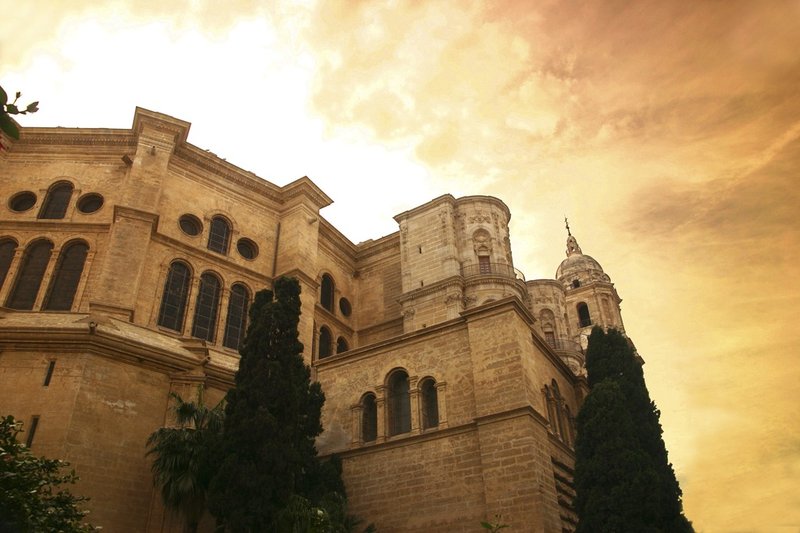 Málaga
Málaga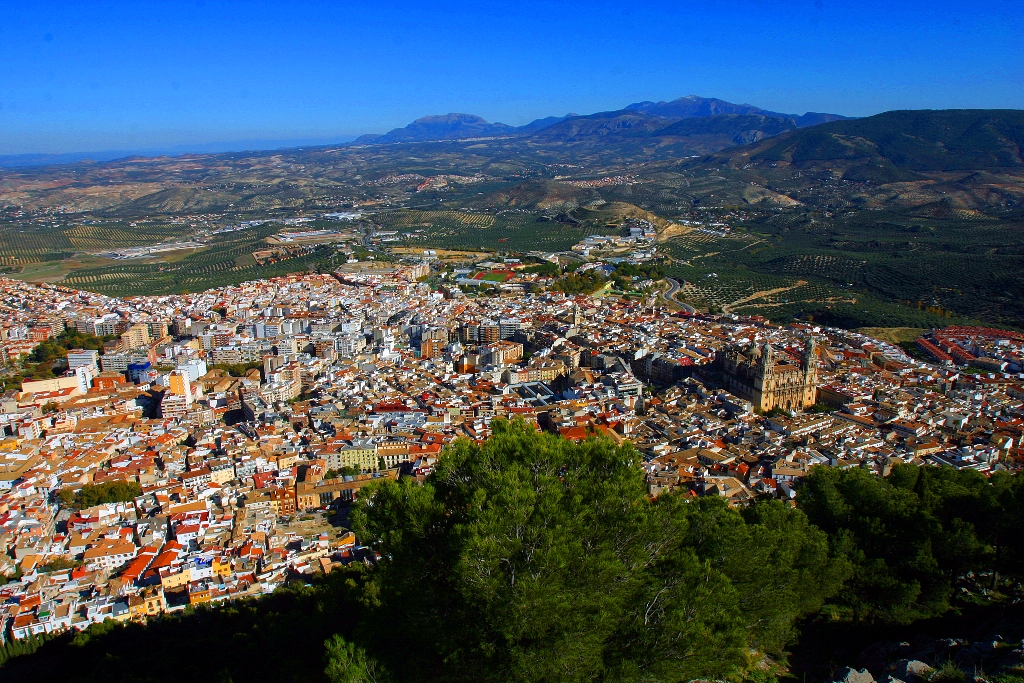 Jaen
Jaen Huelva
Huelva Granada
Granada Córdoba
Córdoba Cadiz
Cadiz Almeria
Almeria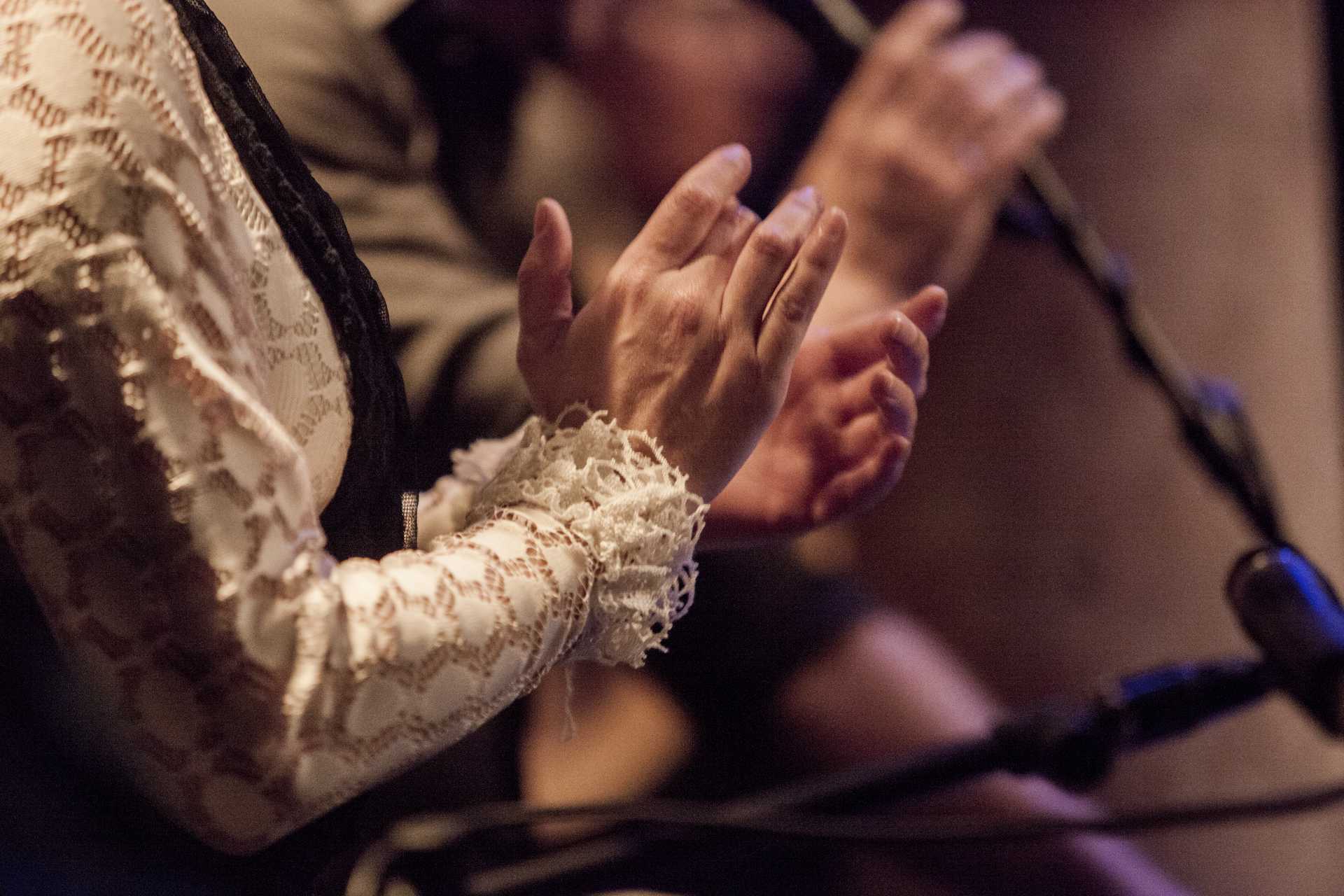 A tourist and cultural vision of flamenco
A tourist and cultural vision of flamenco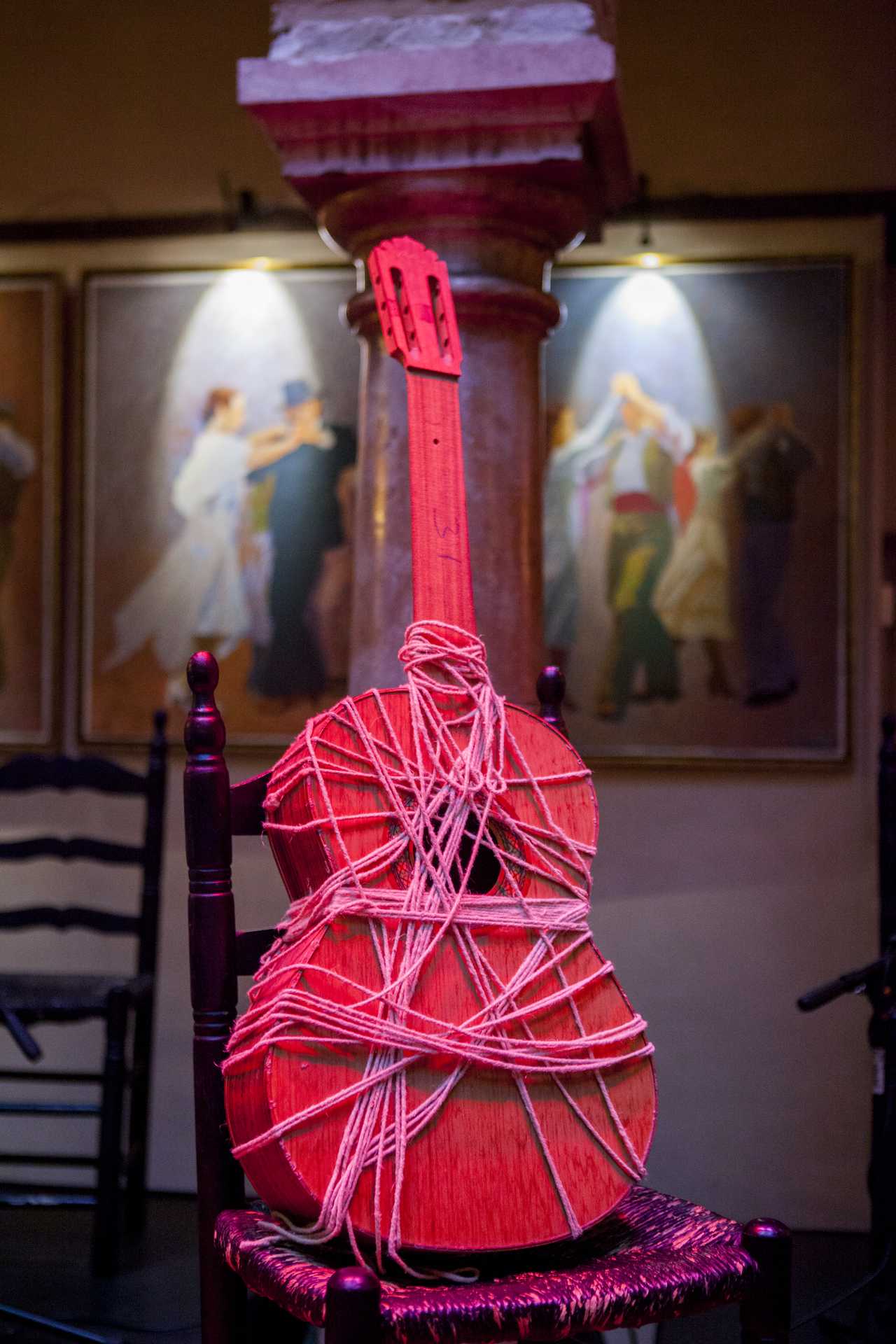 The Guitar, last to join.
The Guitar, last to join.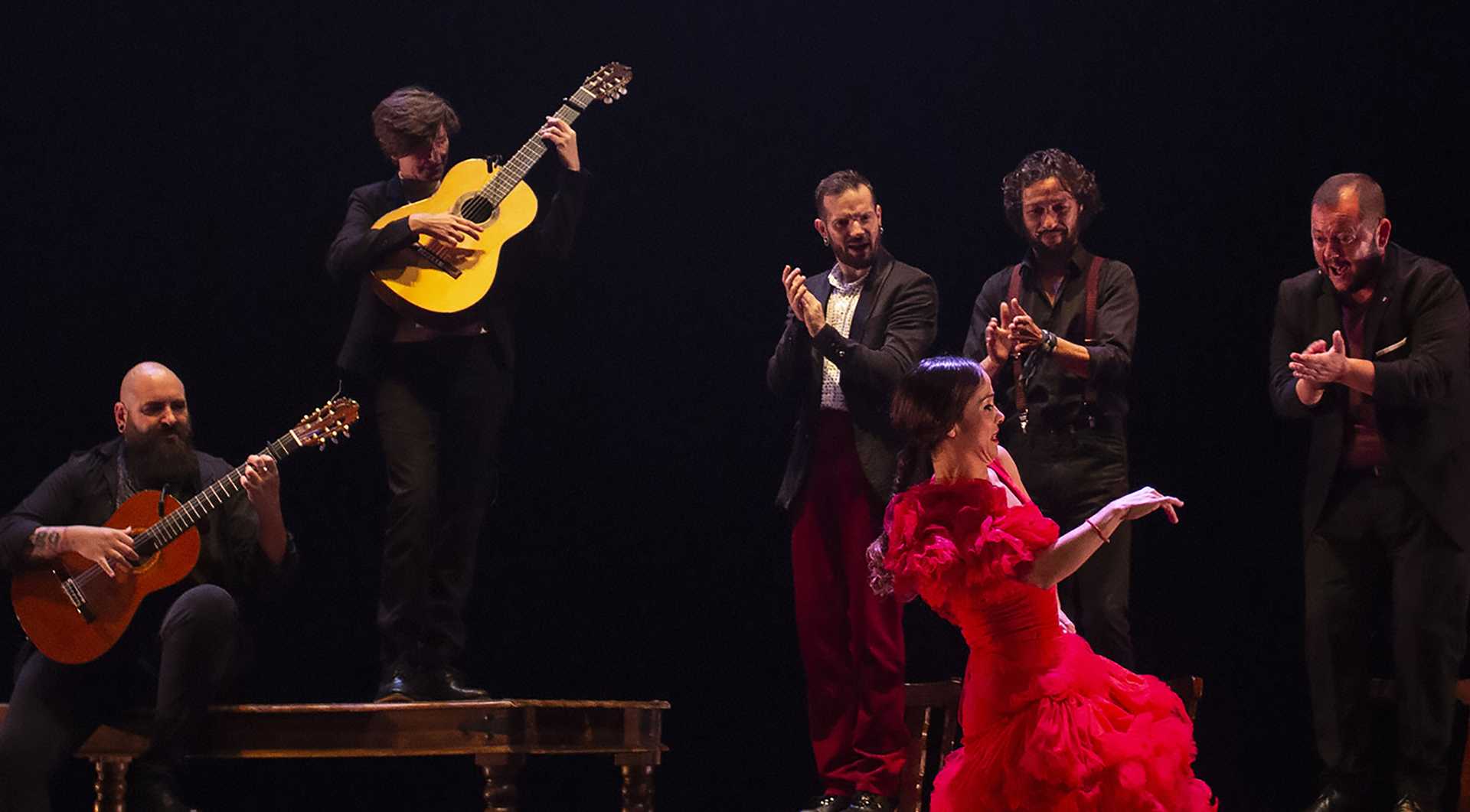 The history of flamenco with respect to its geographical distribution
The history of flamenco with respect to its geographical distribution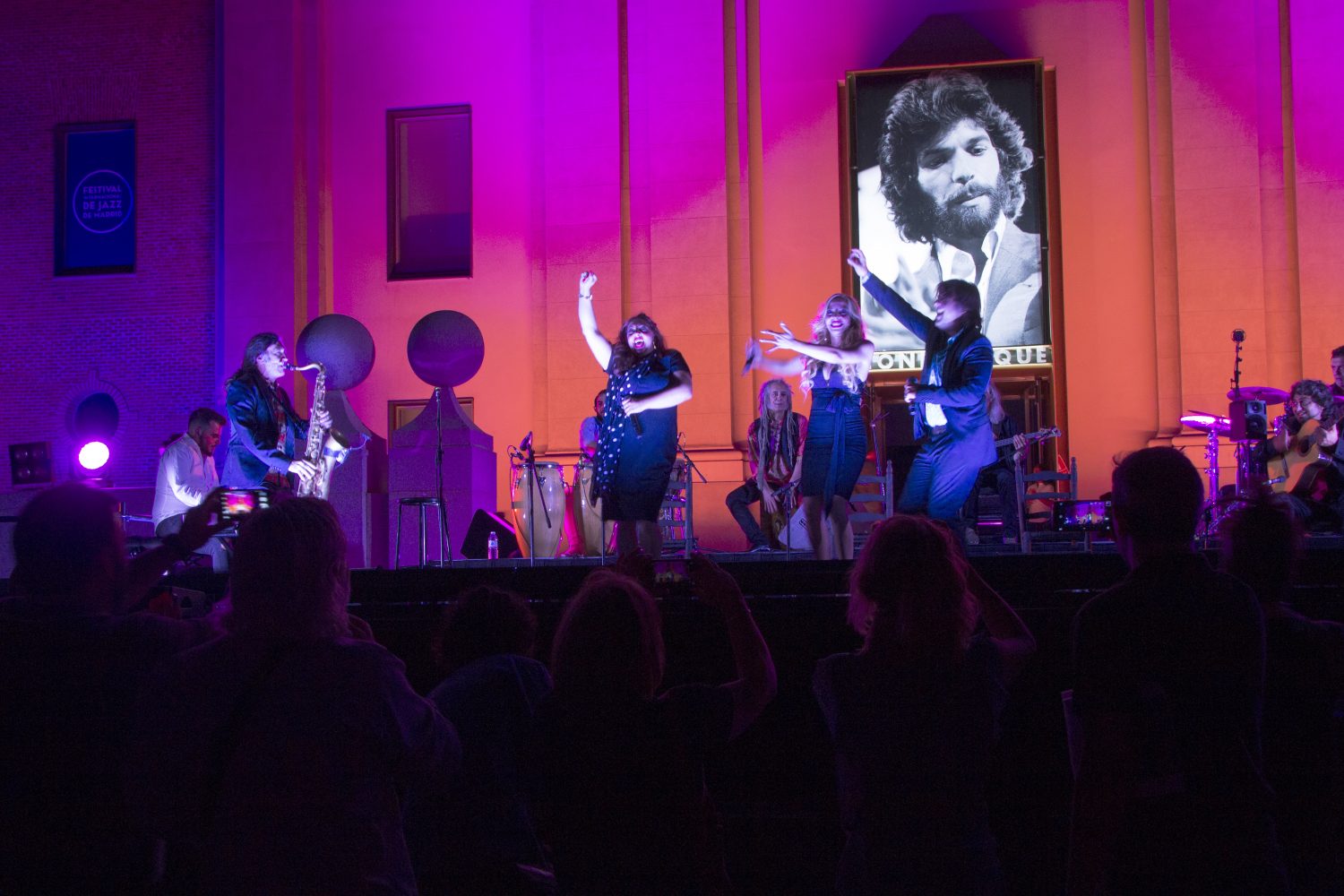 The present and future of the genre. The Fourth Golden Key of Singing.
The present and future of the genre. The Fourth Golden Key of Singing.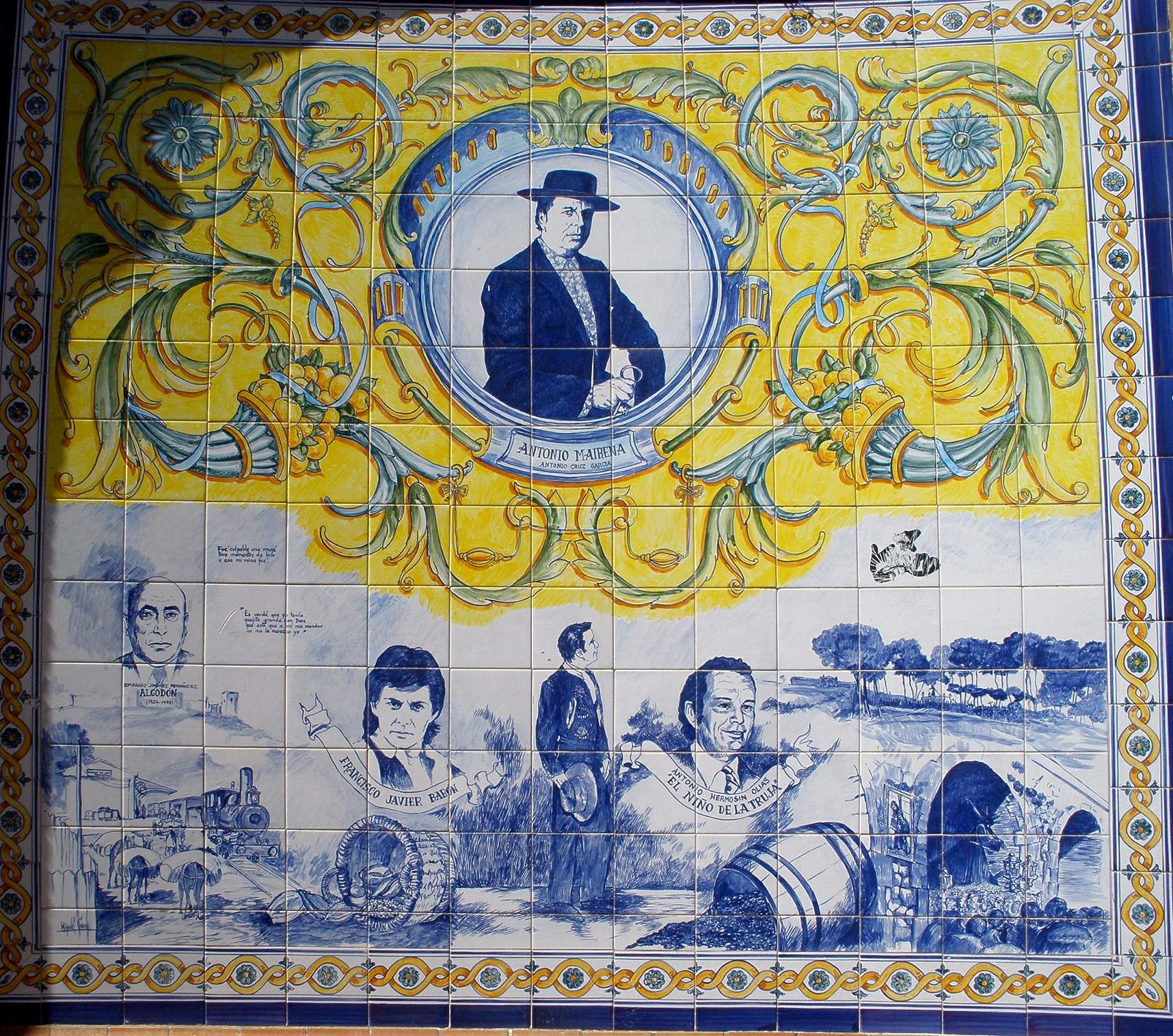 The festivals
The festivals Revaluation of flamenco. Third Golden Key of Singing
Revaluation of flamenco. Third Golden Key of Singing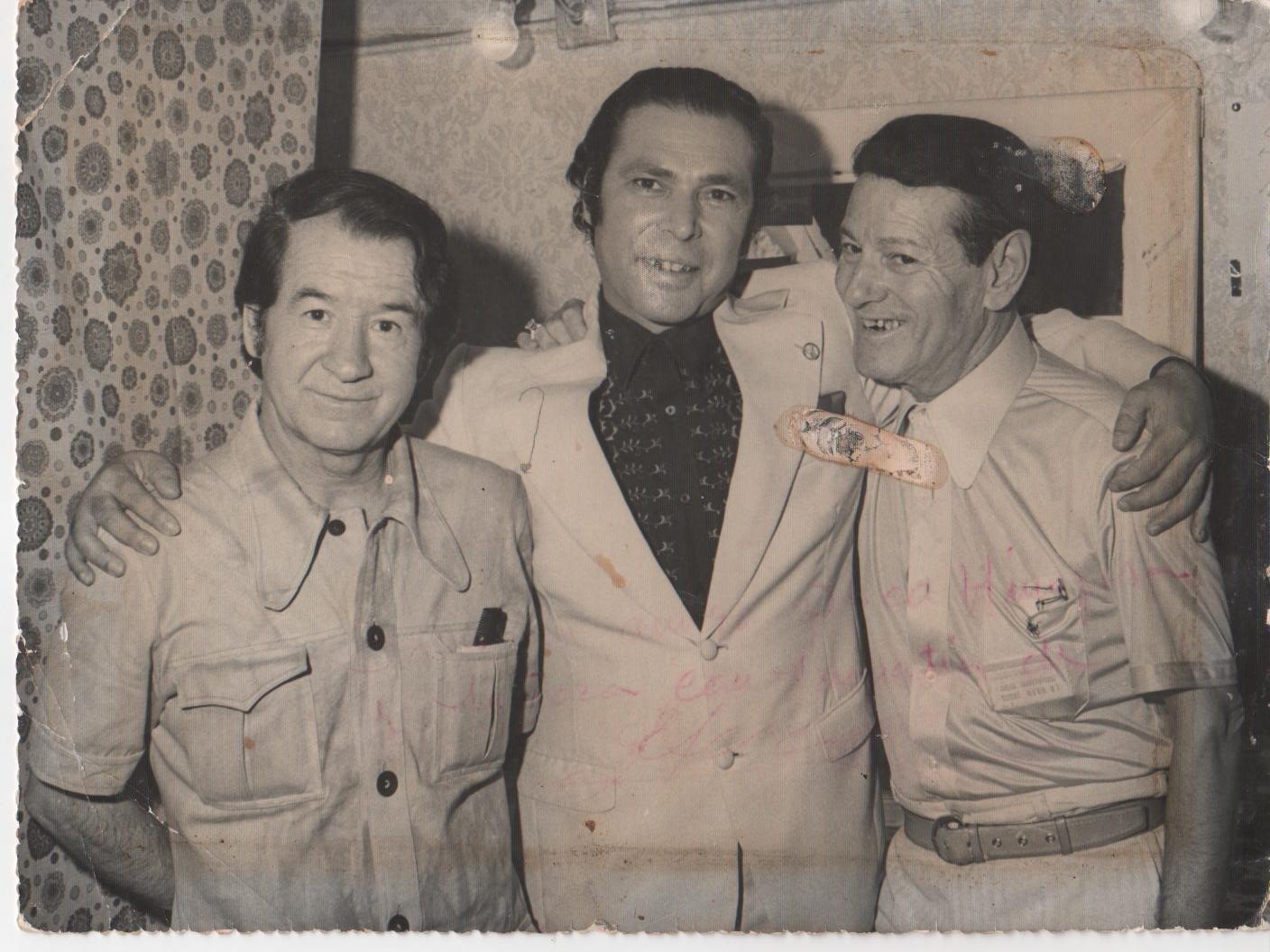 The Flamenco Opera
The Flamenco Opera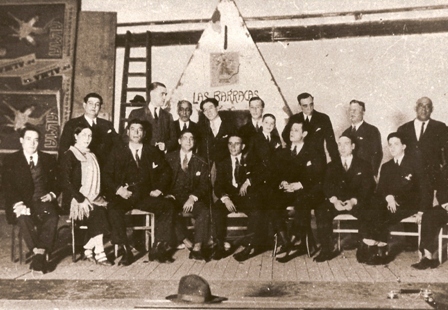 Flamenco in Madrid. The Pavón Cup. Second Golden Key of Singing
Flamenco in Madrid. The Pavón Cup. Second Golden Key of Singing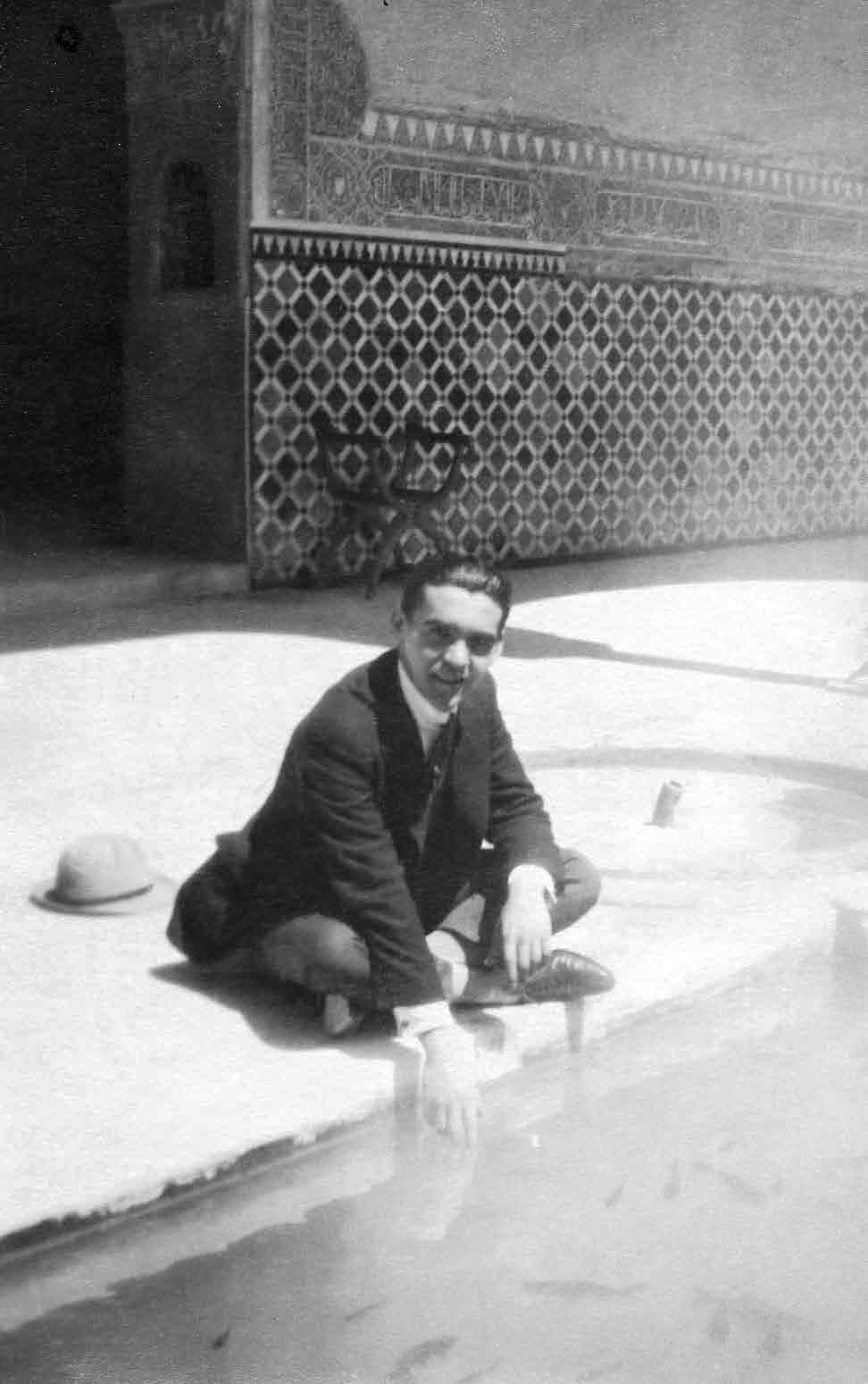 The contest that took place in 1922 in Granada
The contest that took place in 1922 in Granada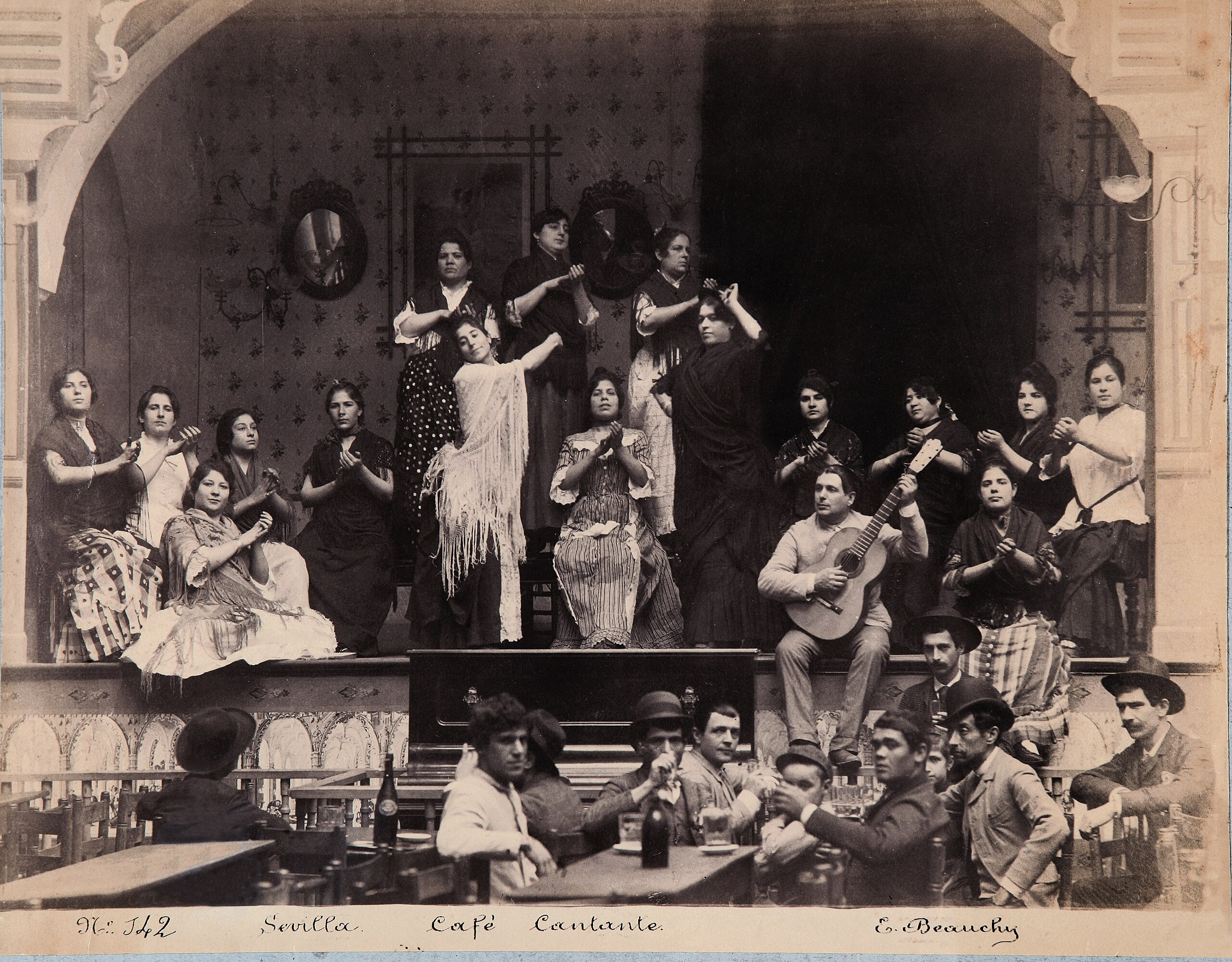 The great creators. The Golden Age. The Singing Cafes
The great creators. The Golden Age. The Singing Cafes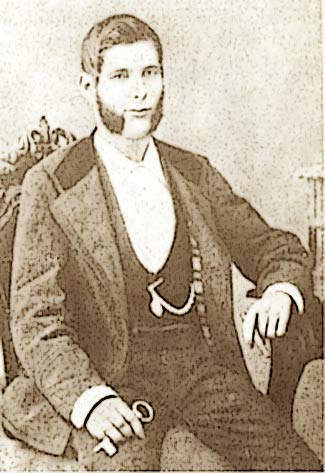 Evolution. Hermetic Stage. First singers
Evolution. Hermetic Stage. First singers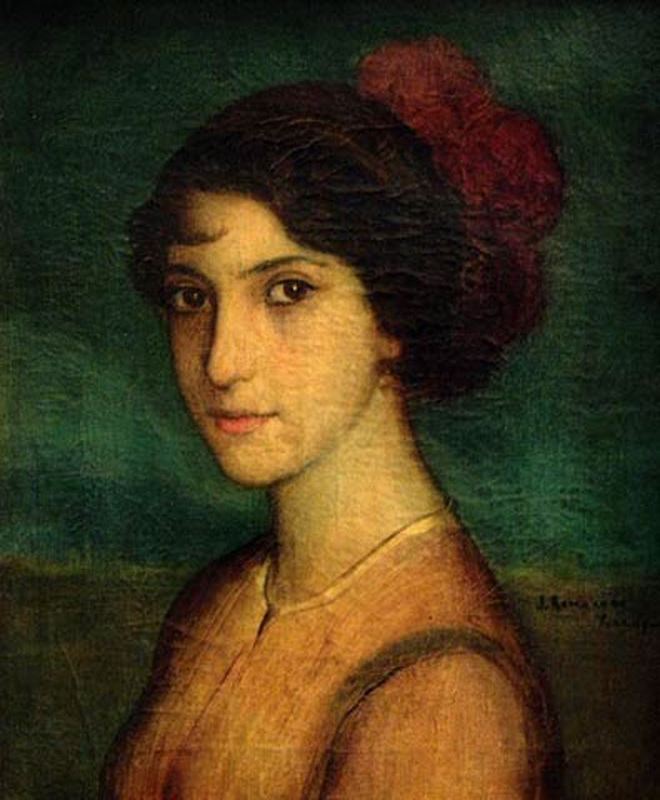 Origin of the word “flamenco”
Origin of the word “flamenco”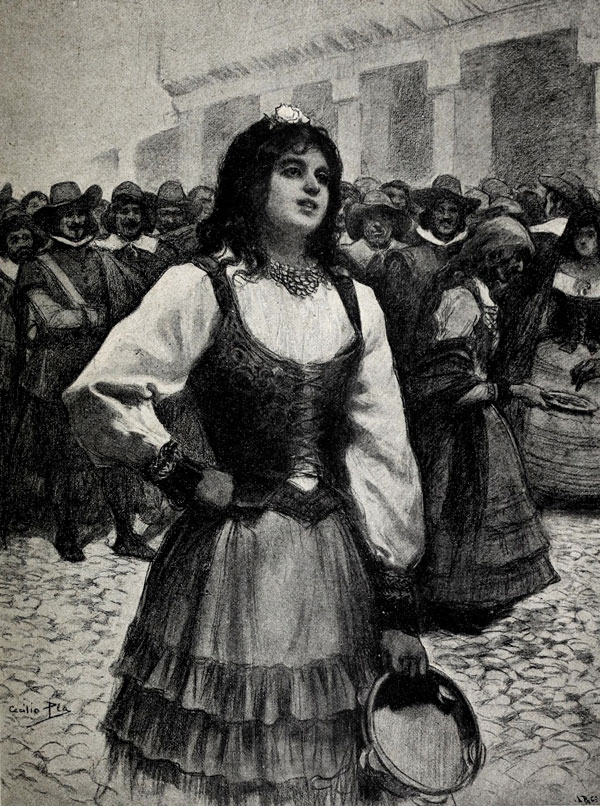 First written references
First written references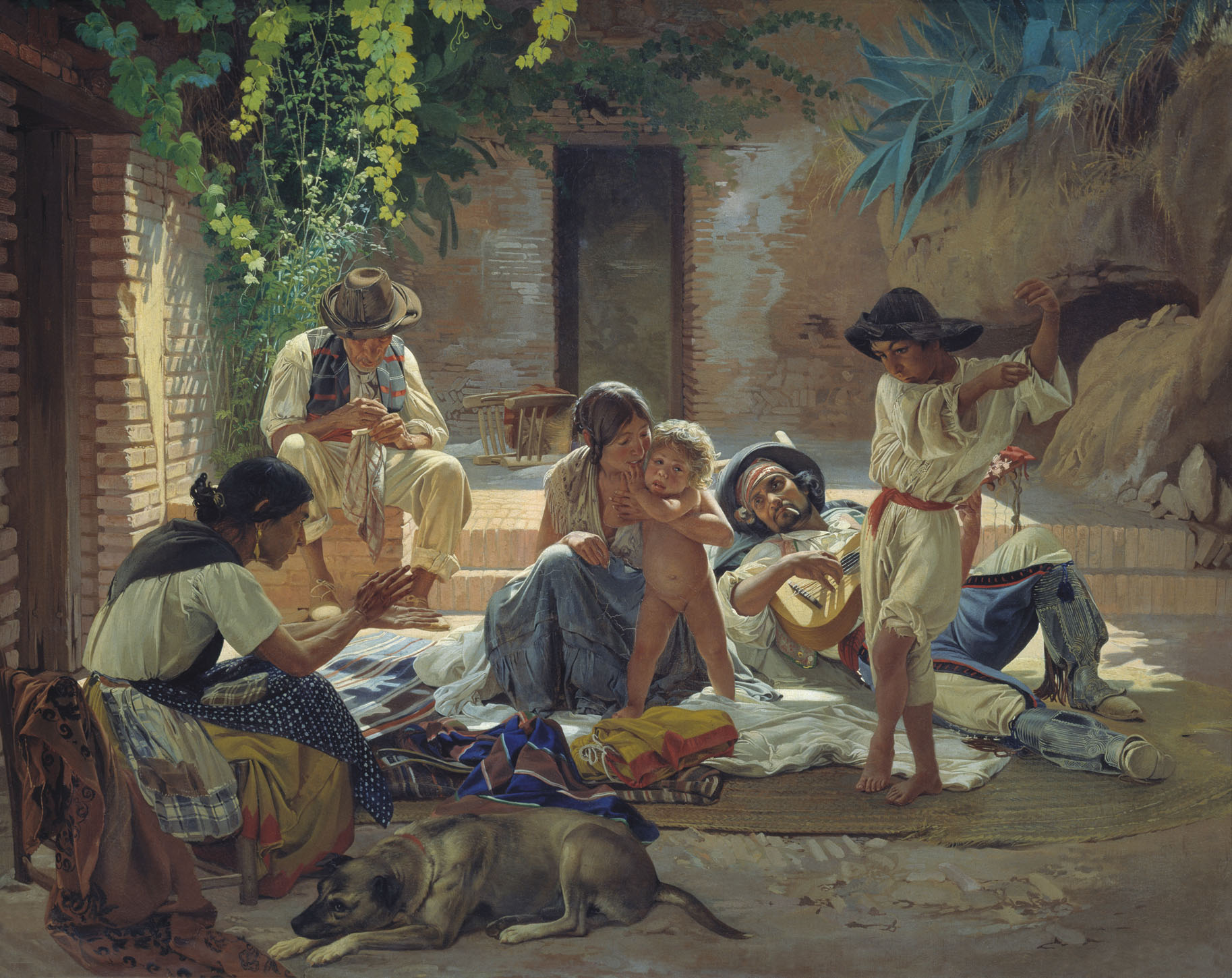 Musical background
Musical background